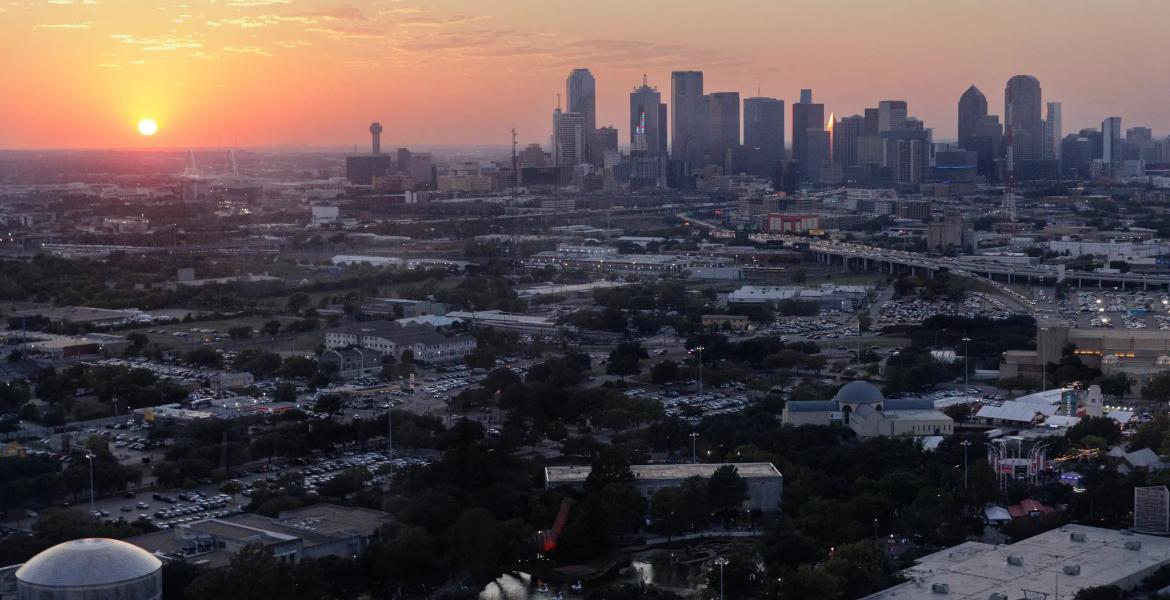AUSTIN, TX – A new bill, signed by Gov. Greg Abbot on Monday, has ended local regulation on ride-sharing companies in Texas and is set to expand transportation opportunities.
Two months ago, San Angelo welcomed the popular ride-sharing app, Lyft, to the community. Lyft, similar to Uber, another ride-sharing app, allows anyone to request a ride from anywhere using his or her mobile phone. Likewise, anyone is able to become a driver of a Lyft car with the following requirements:
- Be at least 21 years old
- Pass a free, online DMV and background check
- Use a smartphone
- Meet you city’s vehicle age requirement
- Have atleast 4 doors, not including jump doors
- Offer five to eight seats, including the driver
- Have a US License
- Provide proof of insurance
- Submit a photo of yourself
Lyft opened in San Angelo with much anticipation and excitement from San Angelo’s community. However, City officials were wary of the new business, especially when it came to public safety.
San Angelo’s Chief of Police Frank Carter wanted to insure the safety of the citizens using the service and challenged Lyft’s background check that only listed the number of citations issued for the applicant, the number of convictions or pending criminal charges, and any outstanding warrants.
“There are things a Lyft-required background check does not reveal about a driver,” Chief Carter said.
Thus, the City and local law enforcement agencies came to an agreement to add an extra requirement of obtaining a taxicab license. This new requirement, required Lyft drivers to pay a $25 first year application and licensing fee and to submit a Texas DPS background check with fingerprinting, to the San Angelo Police Department (SAPD). After a year, Lyft drivers would only need to pay an annual $10 fee for renewals and an updated background check. However, the SAPD’s approved background check vendor, Identogo, charges a $25 fee. Therefore, interested Lyft drivers would have paid a $50 dollar fee the first year, and a $35 fee every following year.
Interested, LIVE! asked Lyft about their regulations when they were first introduced by the City. In an email, Lyft’s Senior Policy Communications Manager Chelsea Harrison said, “We’ve reached out to the City and are hoping to begin conversations around preserving modern transportation options for people in San Angelo.”
Lyft may not have to wait for the City’s cooperation as Governor Abbott’s House Bill 100, “undoes local rules that [Lyft has] argued are overly burdensome for their business models. The new bill creates a “consistent framework across the state for popular ride-haling companies,” reads an Office of the Governor press release.
In order to settle the safety disputes between Lyft, Uber, and communities that use ride-sharing apps, ride-hailing companies are now required to have a permit form the Texas Department of Licensing and Regulation, pay an annual fee of $5,000 to operate through the state of Texas, and perform annual local, state, and national criminal background checks on drivers, but they do not need to be fingerprinted.
"Texas has longtime been the home for innovation and economic growth, but a patchwork quilt of compliance complexities are forcing businesses out of the Lone Star State," Governor Abbott said. "My goal as Governor is to remove the barriers of government to encourage competition, and empower consumers to choose. This bill increases economic liberty while still ensuring customer safety, and I thank Representative Chris Paddie for his work on this legislation."
Below is a list of further safety standards required under House Bill 100:
- Drivers must undergo annual criminal background check.
- Drivers must provide all necessary information to the consumer before each ride.
- Drivers must provide electronic receipts to passengers.
- A zero-tolerance for driving while intoxicated will be strictly enforced.
The signing of Bill 100 “creates a ride-sharing network in Texas that benefits consumers, expands transportation options, maximizes access to safe, affordable rides and creates expanded earning opportunities for Texans," Harrison said in a statement, "riders and drivers are the real winners today."
In a statement from the City's Public Information Officer Anthony Wilson, the required taxicab license will now only apply to "traditional taxicab companies." Though the City felt that the extra background check via the taxicab ordinance "offered a greater level of protection to the public," the City can not ignore state law, "we are satisfied that the new state law does provide a level of consistency across Texas when it comes to regulating ride-hailing companies."
Those interested in joining Lyft will no longer need to comply with the Taxicab Ordinance, but the ordinance will remain in place for those who choose to join taxicab companies such as Checker Cab.
To join Lyft today, please visit here.
*Maura Ballard contributed to this article.
Subscribe to the LIVE! Daily
Required






Post a comment to this article here: